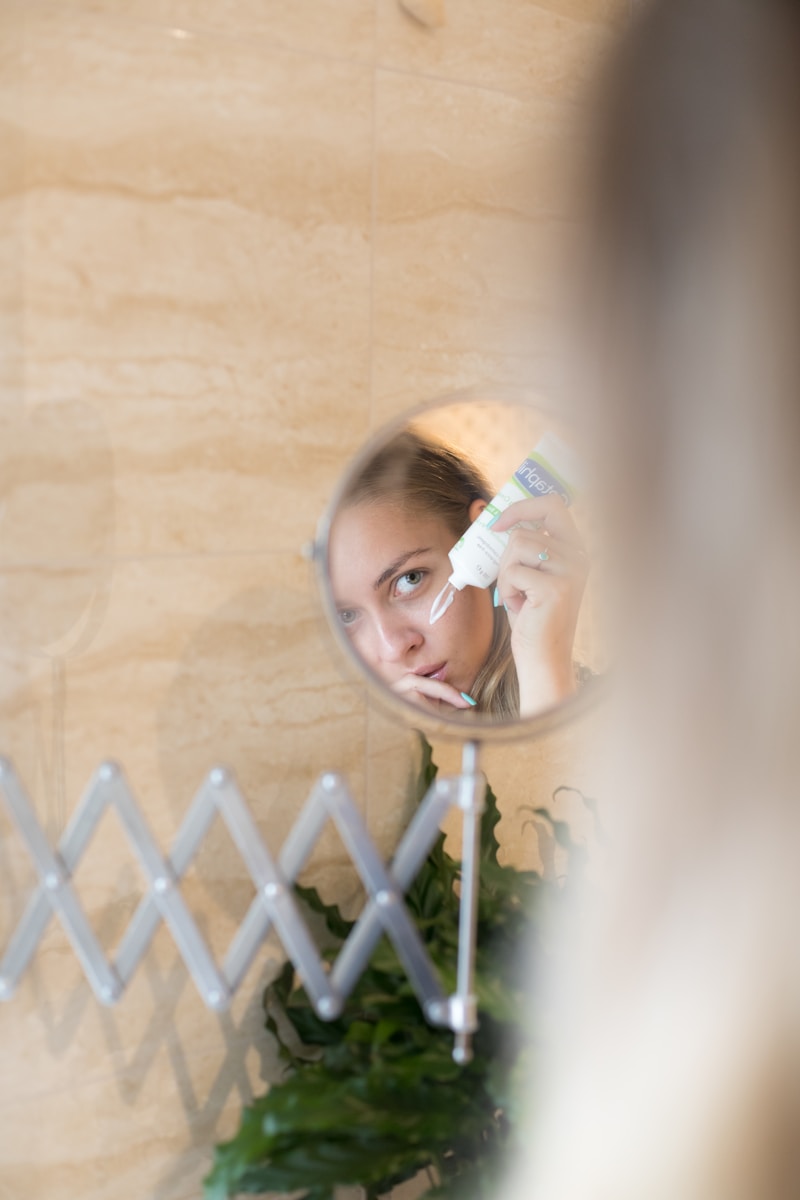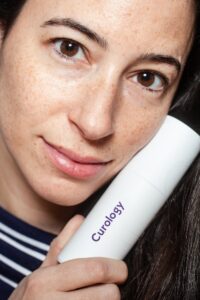
Menopause, often referred to as “The Change,” marks a significant biological transition in a menstruating person’s life. This period comes with many alterations, including ones that affect the skin. Dermatologists confirm that understanding these changes can help individuals brace for them, hence ensuring they continue to feel and look great. This article provides a comprehensive guide to skincare during and after menopause, featuring expert advice and recommendations.
The Impact of Menopause on the Skin
The hormonal shifts that occur during menopause can lead to changes in the skin. Dr. Kellie Reed, a board-certified dermatologist, explains that menopause triggers a decline in estrogen levels, which can cause several alterations to the skin. These changes may include:
- Reduced collagen production
- Increased fine lines and wrinkles
- Thinner, looser skin
- Dryness
- Increased facial hair
- Acne
- Sunspots
Addressing Skin Concerns During Menopause
While aging is a natural process, there are ways to manage the skin issues that may arise during menopause. Here are some expert-approved tips for addressing common skin concerns:
1. Fine Lines
Fine lines are often the first noticeable sign of skin aging. Dermatologists recommend three main skincare steps to tackle this issue: using peptides, retinol, and sunscreen.
Peptides
Peptides can stimulate collagen production, which helps maintain the skin’s plumpness and smoothness. A recent review suggested that bioactive peptides found in skincare products could help reduce fine lines and wrinkles.
Retinol
Retinol is also effective in lessening the appearance of wrinkles and fine lines. A comparative study indicated that topical use of retinol had anti-aging benefits.
Sunscreen
If sunscreen isn’t already a part of your skincare routine, now is the perfect time to incorporate it. A recent study suggests that women over 40 could potentially reduce wrinkle formation by consistently wearing sunscreen.
2. Dryness
As we age, our skin loses its ability to retain moisture. Look for products containing ingredients like hyaluronic acid, glycerin, and ceramides, which aid in skin hydration.
3. Facial Hair
Before taking any steps to remove facial hair, consult a physician to rule out any underlying conditions such as thyroid problems. If these issues are ruled out, you may consider options such as laser hair removal, prescription topical creams, shaving, plucking, electrolysis, and specific oral medications.
4. Breakouts
Acne isn’t just an adolescent issue. If you’re dealing with breakouts during or post-menopause, consider cleansers containing salicylic or glycolic acid. Retinol may also be helpful, particularly for individuals without dry skin.
Note: Retinol can make your skin more sensitive to UV rays. Always wear sunscreen, regardless of the weather or season, especially when using retinols.
5. Discoloration
Years of accumulated sun damage and hormone changes can lead to pigmentation issues. Using a topical antioxidant that includes vitamin C can help bind free radicals from the sun and pollution, stimulate collagen, and assist with dark spots.
A Step-by-Step Menopause Skincare Routine
As your body changes, your skincare routine may also need to adapt. Here’s a simple daily regimen that dermatologists suggest for skincare during menopause and beyond:
- Cleanse your face with lukewarm water and a mild cleanser containing ceramides, hyaluronic acid, or glycerin.
- Apply a moisturizer with ceramides, hyaluronic acid, or glycerin.
- Apply a physical sunscreen with an SPF of 30 or higher, preferably containing non-nano zinc oxide above 10 percent.
- If you’re out in the sun, reapply sunscreen every two hours.
- At night, cleanse your face with the same cleanser and apply an anti-aging product containing peptides before bedtime.
Things to Keep in Mind
Skincare isn’t one-size-fits-all at any stage of our lives. As you piece together your new skincare regimen, remember these points:
- Find what works for you: Different skin types will respond differently to ingredients. Experiment with different products to find what suits your skin best.
- Don’t fear trial and error: If you have sensitive skin, perform a patch test on a small area of skin to check for irritation.
- Skin color may affect aging signs: Individuals with darker skin tones, which contain more melanin, may experience wrinkles and sunspots later than those with lighter skin. However, prevention, like the use of sunscreen, is still vital in protecting against signs of aging and skin cancer.
- Be informed: When discussing your skincare goals with a dermatologist, ask about the side effects of ingredients, products, and procedures.















+ There are no comments
Add yours